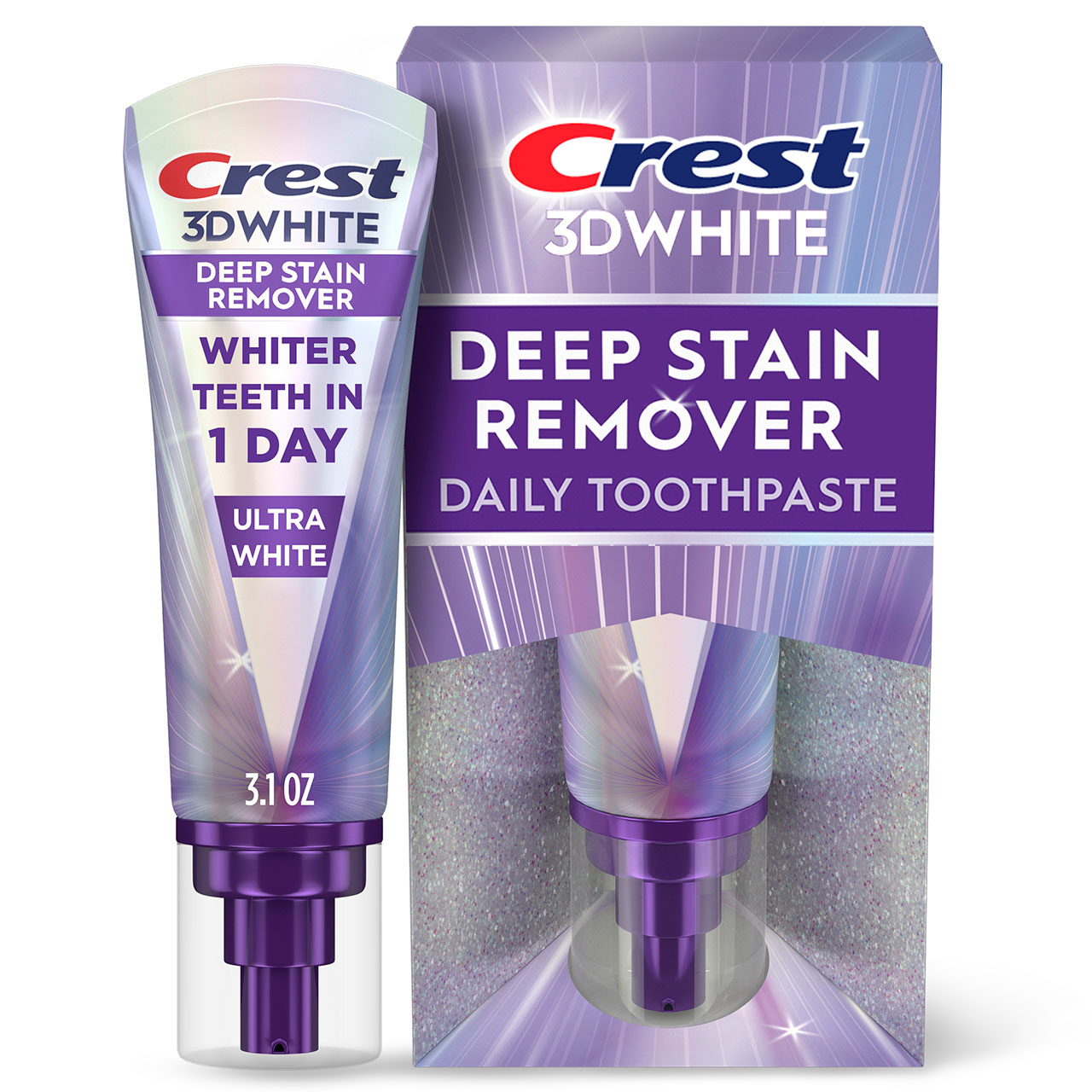Dentures: Temporary & Permanent, Costs, Pros & Cons

Summary
Key Takeaways
- Temporary Dentures: Ideal for immediate use after tooth extractions, offering a temporary solution while your mouth heals.
- Permanent Dentures: Provide a long-term, custom-fit solution with a more natural appearance and better comfort.
- Costs: Temporary dentures are generally more affordable, but permanent dentures offer better value over time due to their durability and fit.
- Decision Factors: Consider your budget, the time you can spend on the fitting process, and your long-term dental health when choosing between temporary and permanent dentures.
Table of Contents

This blog has been reviewed and approved by Dr Robert Lee, a dental professional of 35 years
LEARN MORE >Key Takeaways
What Are Dentures?
Removable dental appliances designed to replace missing teeth and surrounding tissues.
Full, or a complete denture, replaces an entire arch of missing teeth. It rests atop your gums and relies on your palate (the roof of your mouth) or lower jawbone ridge for support.
Partial dentures are used if you’re missing several or most of your teeth in one or both jaws. They rely on gums and underlying bone for support. They also have special clasps that hook around remaining teeth, providing additional stability
There are also temporary dentures (also known as immediate) and permanent dentures. Each serves a unique purpose and comes with its own set of benefits and considerations.
What Are Temporary Dentures?
Temporary dentures, or immediate dentures, are designed to be worn right after tooth extraction. They're a short-term solution that allows you to maintain appearance and function while your mouth heals.
- Instant Results: You get a full set of teeth immediately after extractions, so you don’t have to go without teeth during healing
- Protection: Temporary dentures act as a bandage to help control bleeding and protect gum tissue after extractions.
- Speech and Chewing: Wearing temporary dentures helps you adjust to speaking and chewing with dentures.
- Fit Issues: Since they’re made before extractions, and not custom made for your mouth post extraction, temporary dentures might not fit perfectly and might require frequent adjustments.
- Comfort: Temporary dentures can be bulkier and less comfortable than permanent dentures.
- Aesthetics: Temporary dentures might not look as natural as permanent dentures.
Pros of Temporary Dentures:
Cons of Temporary Dentures:
What Are Permanent Dentures?
Permanent dentures are custom-made to fit your mouth after it has healed from extractions. They're designed for long-term use and offer a more natural look and feel.
- Better Fit: Permanent dentures are custom-made to fit your healed gums, which offers improved comfort and stability.
- Natural Appearance: Permanent dentures look more like natural teeth, enhancing your smile and confidence.
- Durability: With proper care, permanent dentures are designed to be very durable and can last for many years, typically between 5 to 10 years, before needing replacement.
- Higher Cost: Permanent dentures tend to be more expensive due to the customization and materials used.
- Longer Process: The fitting process can take several months, as your mouth needs time to heal.
- Maintenance: Permanent dentures require regular cleaning and occasional adjustments.
- Dental implants are another long-term solution that, with proper care and regular dental check-ups, are designed to last for many years. While the implant post itself can last a lifetime, the crown attached to it may need to be repaired or replaced over time due to normal wear.
- Offer better chewing efficiency, stability, and esthetics.
- More expensive than dentures.
Pros of Permanent Dentures
Cons of Permanent Dentures
Dental Implants
Cost Comparison
The cost of dentures can vary based on materials, customization, and location. Here's a general breakdown:
- Temporary Dentures are $300 - $1,200 per arch
- Permanent Dentures are $500 - $3,000+ per arch
- Dental Implants cost $3,000 - $6,000 for a single implant
Note that most people need both upper and lower dentures, so costs can double. Dental insurance may cover part of the cost, and financing options are often available to make dentures more affordable.
Before and After Getting Dentures

- Noticeable gaps in the smile which can affect appearance and confidence
- Difficulty chewing, speaking, and maintaining facial structure
- Individuals may feel self-conscious or uncomfortable due to the appearance of their smile
- A natural-looking smile, enhanced facial contours and restored youthfulness
- Ability to chew a wider variety of foods, more clear speech, and a better quality of life
- Greater self-esteem and confidence from a restored smile and improved functionality
Before
After
Summary
Choosing between temporary and permanent dentures depends on your individual needs, budget, and the state of your oral health. Temporary dentures can provide immediate relief and functionality, while permanent dentures offer a more comfortable and natural-looking solution in the long run.
There are also cost and procedure considerations that can affect your decision. Permanent dentures cost more and require a longer process, but they fit better and last longer. That's even more true of dental implants, which are the most permanent solution but cost the most and are the most involved.
Consulting with your dentist can help you determine the best option for your oral health and lifestyle.
Dental Procedures: Options for a Healthier, More Confident Smile

Modern dentistry can help correct damage, improve appearance, and keep your oral health in check. If you have partial dentures, caring for your remaining natural teeth is crucial for your overall oral health. For a thorough at-home routine to support your smile, consider the following:
- Brush your remaining teeth 2X/day with an Oral-B iO Electric Toothbrush. To protect your remaining natural teeth from decay, it's essential to remove plaque thoroughly. An advanced electric toothbrush like the Oral-B iO is designed to remove up to 100% more plaque than a regular manual toothbrush, helping to keep your anchor teeth for partial dentures strong and healthy.
- Use Crest Fluoride Toothpaste on Natural Teeth For your remaining teeth, brush with a stannous fluoride toothpaste like Crest Pro-Health to strengthen enamel and protect against cavities while also promoting a healthier mouth to support the dental work that has been done.
- Rinse with a Crest Mouthwash: After removing your dentures, rinsing your mouth helps cleanse your gums and any remaining teeth. Using an alcohol-free, antibacterial mouthwash like Crest Pro-Health Breath Purify and Gum Care Mouthwash can help kill bad breath germs and keep your entire mouth feeling fresh and clean.
- Pair String Floss with an Oral-B Water Flosser: Cleaning around dental work such as bridges, crowns, and implants can help reduce plaque bacteria buildup. A water flosser gently washes away and leftover plaque and food debris for healthier teeth and gums.
FAQs
-
What are dentures made of?
-
How do I clean dentures?
Sources
- https://my.clevelandclinic.org/health/treatments/10900-dentures
- https://my.clevelandclinic.org/services/dental-implants
- https://www.healthline.com/health/dentures-vs-implants#complications
- https://www.mayoclinic.org/denture-care/expert-answers/faq-20058375#:~:text=Brush%20your%20dentures%20at%20least%20daily.&text=Soak%20and%20brush%20them%20with,rid%20of%20any%20leftover%20adhesive.
- https://www.mouthhealthy.org/all-topics-a-z/dentures
- https://my.clevelandclinic.org/health/treatments/16914-oral-hygiene
- https://www.dentalhealth.org/pages/category/treatments-and-procedures?take=17&Take=17
- https://www.deltadental.com/us/en/protect-my-smile/procedures.html
- https://www.nhs.uk/live-well/healthy-teeth-and-gums/dental-treatments/
Grender, J., et al. (2020). An 8-week randomized controlled trial comparing the effect of a novel oscillating-rotating toothbrush versus a manual toothbrush on plaque and gingivitis. International Dental Journal, 70, S7–S15.https://doi.org/10.1111/idj.12571
He, T., et al. (2017). The Case for Stabilized Stannous Fluoride Dentifrice: An Advanced Formulation Designed for Patient Preference. Journal of Clinical Dentistry, 28(4 Spec No B), B1-5.https://pubmed.ncbi.nlm.nih.gov/29334434/
Table of Contents
- What Are Dentures?
- What Are Temporary Dentures?
- What Are Permanent Dentures?
- Cost Comparison
- Before and After Getting Dentures
- Summary
- Dental Procedures: Options for a Healthier, More Confident Smile
-
- FAQs
- Sources

This blog has been reviewed and approved by Dr Robert Lee, a dental professional of 35 years
LEARN MORE >
Sign Up
for oral care tips, expert advise, and exclusive offers.

Sign Up
for oral care tips, expert advise, and exclusive offers.



